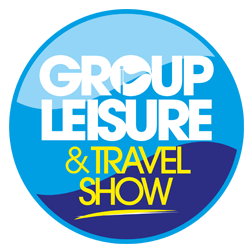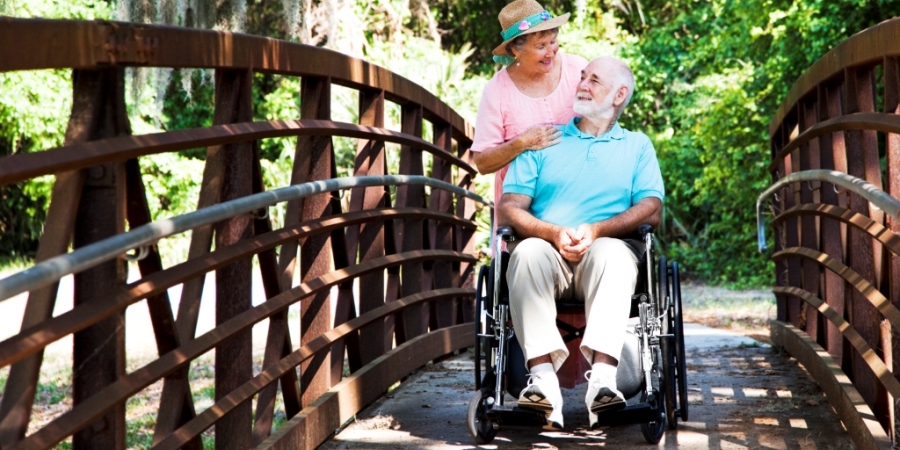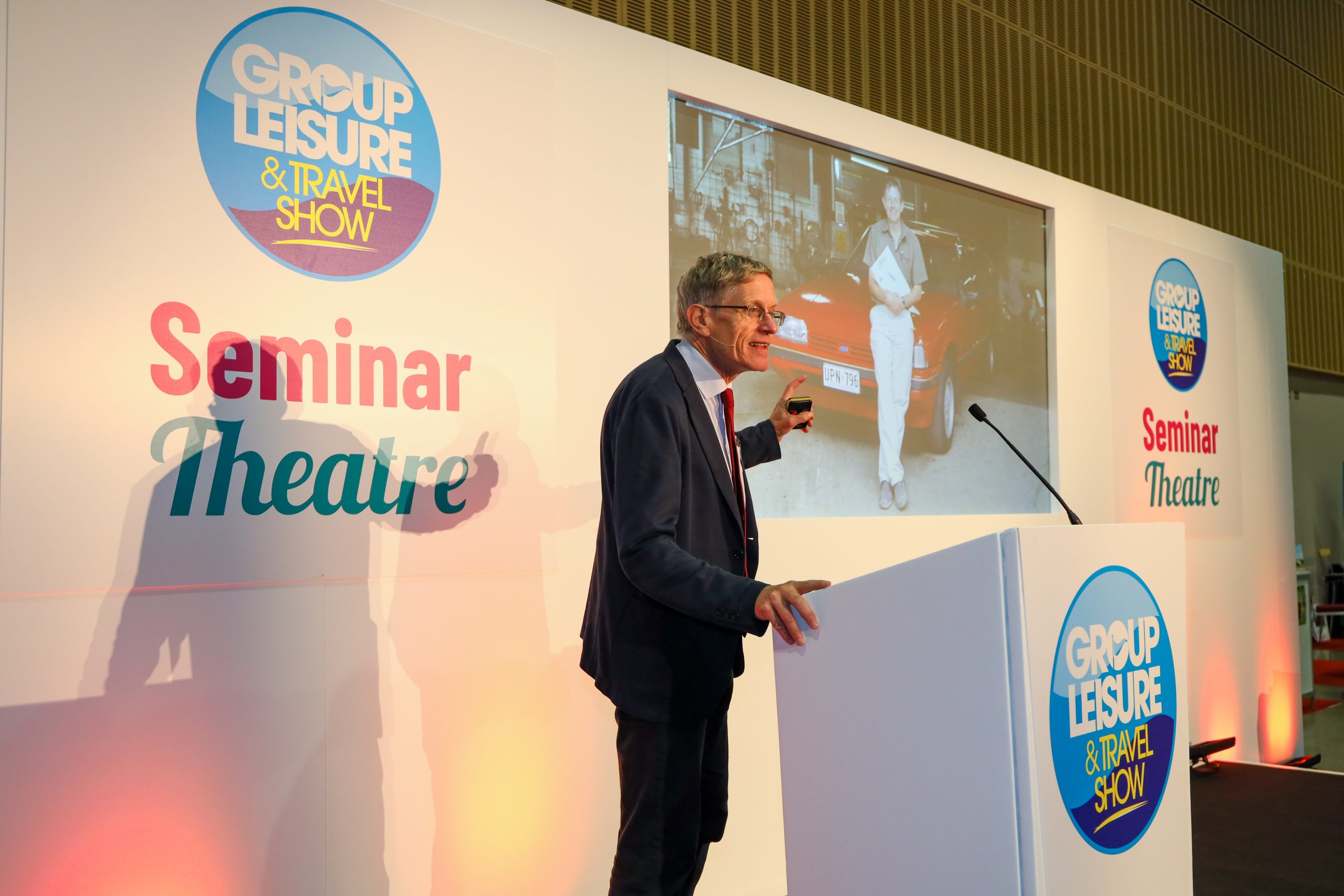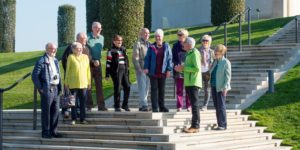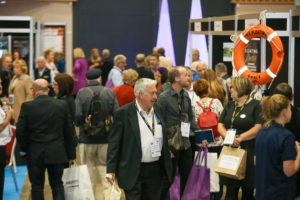Terry Reynolds, an advocate of accessible travel, explains why making attractions and facilities available for all abilities is of huge importance and discusses the current issues facing the groups industry.
You’ve worked in transport since 1971; tell us about how you became inspired to help disabled groups.
I started my own coach company with mini buses and used it to help take children to school. The council was having a problem with a new school that was set to open in a few months. I asked what the problem was and was told the school was for disabled children, and a lot of them used wheelchairs.
Unfortunately, the council had to tell the education detent there would not be any accessible vehicles available when the school opened. I thought there could be an opportunity and it turned out to be just that.
What goals have you set yourself to achieve?
My goal is to make companies and individuals in commercial travel aware of the simple things that are sometimes necessary for those traveling with disability. When I had my first access vehicles I remember seeing how just being in a wheelchair could stop you from the simple things like crossing the road, as there were no ramped curbs. It is these small overlooked details that make travel for those with disability challenging.
What are you doing to achieve these goals?
I have been on many committees regarding accessible transport and holidays. I was on England’s transport committee to make bus stop buses more accessible. I also worked with the National Health Service in the UK. Additionally, I was the first commercial outpatient transport provider with access.
Today I am focused on sharing my knowledge and insight through my new book Wheelchairs Scooters and Sticks, which features insight on mobility and access. I wrote my book because I wanted my message to get through to businesses that by making things more accessible, both the business and consumer benefit.
What advice would you give attractions that currently don’t cater for disabled groups?
I think it is important for attraction providers to realise it is not just those that use wheelchairs that require additional access, but a large variety of individuals with unique needs. Better access will allow more people will use their facilities, and of course that makes more money.
What advice would you give group organisers looking to book a trip who have disabled members among them?
Before booking, individuals should ask a provider what the accessibility of the transport is, and the hotel accessibility. Ask for pictures of the transport vehicles and the hotel rooms.
Being able to cater for all abilities is of course very important, but what difficulties might attractions face when approaching this?
It depends, for example, theme parks will have rules as to what rides are possible and safe. Other attractions, such as concert venues, will need to ensure these places have space for people who have to stay in their wheelchair.
What can each attraction do to ensure all their customers are aware of the access?
Companies and attractions should work with individuals who have specialised needs and require access. Come together and draw up an access guide in what services are available and accessible. Then ask questions of why this attraction is not accessible and what is required to make it so.
What about catering for those with other disabilities, perhaps non-physical? How can venues and destinations do to be ‘inclusive’?
I have found over the years that sometimes people with sight and hearing disabilities could and should have better facilities. I had a new coach built in 1997 which had television screens with sub titles. It also had a camera at the front, so we could have a sign language interpreter for tour guides. There are many ways to make things more accessible so long as there is communication and possibly some creativity.
And finally, looking to the future, what do you want to see happening more often to help the disabled community?
Things are changing very quickly. People now live much longer, and as this happens, individuals find that their physical capabilities are limited. As more individuals require more access, the market for these people grows. Businesses can take advantage of this. Invest in accessible travel now, and then you’ll see a return in the again generations.
About Terry Reynolds
Terry Reynolds has dedicated more than 40 years to providing accessible transport and his facilities accommodate the needs of disabled visitors. He has run over five hundred holidays worldwide and has helped many countries improve and build accessible coaches and buses.
He has also worked with many tourist boards to help gain better access. Terry has also used his knowledge in access and vehicles to provide the first commercial patient transport service for the NHS in the UK.
Talk to group travel providers at the Group Leisure & Travel Show
The Group Leisure & Travel Show 2018 will take place on 11th October in Hall 19 at the NEC Birmingham. Group travel organisers can register to visit the GLTS by clicking here.
Companies interested in exhibiting are encouraged to contact the organising team now to discuss the best available stand positions. You can call 01908-613323 or e-mail sharon.y@yandellmedia.com for further information about exhibiting.
